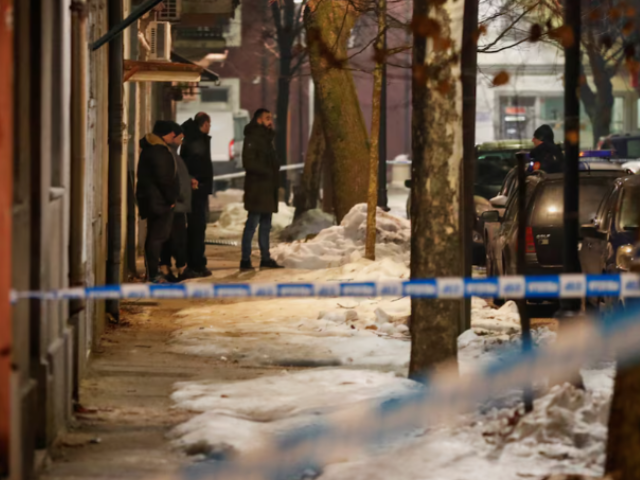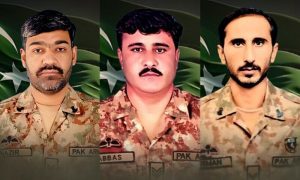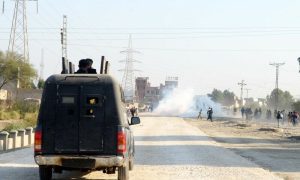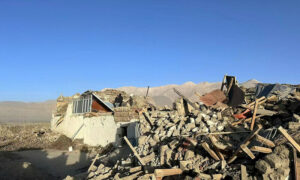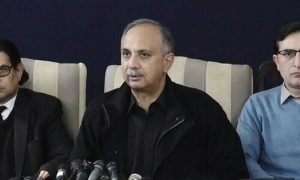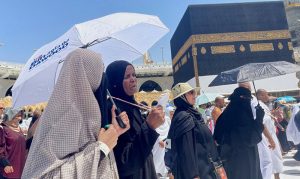At least 10 people, including two children, were killed in a mass shooting on Wednesday in southern Montenegro, authorities confirmed. The shooting occurred following a violent altercation at a bar in the Bajice district of the city of Cetinje.
Interior Minister Danilo Saranovic stated that the attacker, 45-year-old Aleksandar Martinović, shot and killed the bar owner, the owner’s children, and members of his own family. The gunman then fled the scene with his firearm, prompting a manhunt by local authorities.
Police have since confirmed that Martinović died by suicide after being surrounded by law enforcement officers. Authorities had been attempting to apprehend him, urging local residents to stay indoors until he was cornered.
Montenegro’s Prime Minister, Milojko Spajic, called the attack a “terrible tragedy” and visited the Montenegro Clinical Centre where four injured individuals were treated for life-threatening wounds. Saranovic referred to the shooting as a result of “disturbed interpersonal relations” between the gunman and the victims.
Police and security personnel stand on a street in front of a firetruck near the scene scene where a gunman opened fire at a restaurant and killed several people in Cetinje, Montenegro, January 1, 2025. REUTERS/Stevo Vasiljevic
In the aftermath, the government of Montenegro declared three days of national mourning. President Jakov Milatovic expressed deep sorrow over the incident and offered condolences to the victims’ families.
The shooting, one of the deadliest in recent memory, has shocked the small Balkan nation, where mass shootings are rare. Neighbouring countries Serbia, Bosnia and Herzegovina, and Croatia also offered their condolences following the attack.
Local reports suggest the tragedy was sparked by a verbal confrontation between patrons at the bar before escalating into violence. The shooting spree has left the nation grappling with grief and shock, while the wounded remain in critical condition.
Authorities are continuing their investigation into the incident, while communities across Montenegro mourn the devastating loss of life.
Despite strict gun laws, the Western Balkans composed of Serbia, Montenegro, Bosnia, Albania, Kosovo and North Macedonia, remain awash with weapons. Most are from the bloody wars in the 1990s, but some date back even to World War One.
Spajic said authorities would consider tightening criteria for owning and carrying firearms, including the possibility of a complete ban on weapons.

